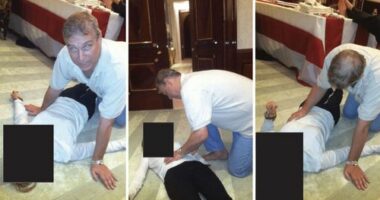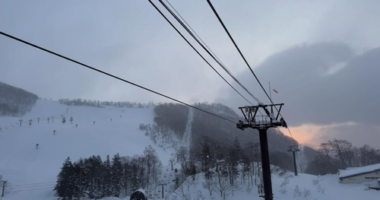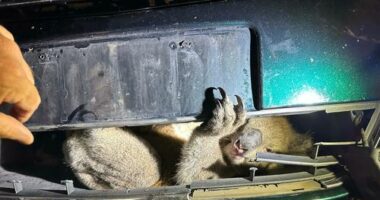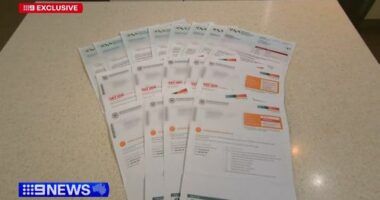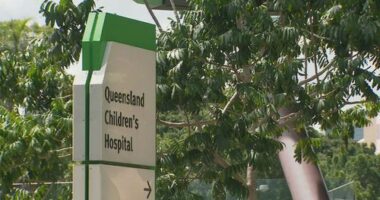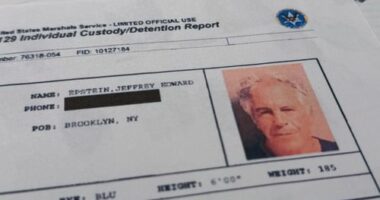Share this @internewscast.com
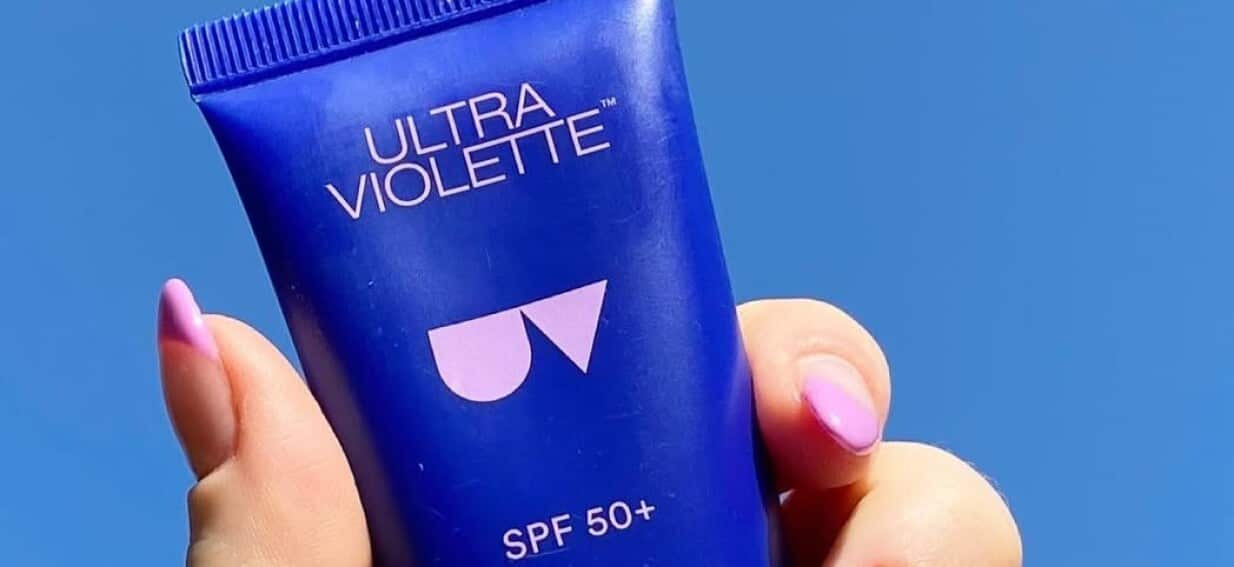
Key Points
- Ultra Violette’s Lean Screen SPF 50+ had performed the worst in consumer group Choice’s testing earlier in the year.
- The company continued to sell the product while undertaking its own testing, which returned significant inconsistency.
- Ultra Violette’s co-founders said in a statement they were “deeply sorry” one of their products had fallen short.
One of the sunscreen products identified by consumer group Choice earlier this year as failing to meet its marketed sun protection factor (SPF) ratings has been pulled from shelves.
A Choice investigation into sunscreens earlier this year found 16 of 20 products from a range of popular Australian sunscreen brands failed to meet their claims.
Sunscreen brand Ultra Violette’s Lean Screen SPF 50+ Mattifying Zinc Skinscreen had returned the worst results of all the sunscreens tested by the consumer advocacy group, returning an SPF of four.
On Friday, Ultra Violette posted a statement on social media saying it had investigated the “concerning discrepancy in SPF testing results” and decided to withdraw Lean Screen from the market, effective immediately.
When Choice released its findings publicly in June, Ultra Violette co-founder Ava Chandler-Matthews defended her company’s testing methods.
The brand’s co-founders recently announced that independent laboratory tests revealed inconsistent SPF results in product samples.
“This week, we received results from those tests that demonstrated significant and, candidly, atypical variability. Across eight different tests, Lean Screen has now returned SPF data of 4, 10, 21, 26, 33, 60, 61, and 64.”
Ultra Violette said, unlike the majority of its range, the product had been created by a third-party manufacturer, and it would no longer be working with that company.
They plan to enhance their testing procedures by collaborating with more laboratories, discontinuing their partnership with Lean Screen’s original testing lab, and increasing the frequency of their retesting efforts.
Choice chief executive officer Ashley de Silva said when its sunscreen test results were released earlier this year, it was done in the interest of the public.
“Today’s announcement from Ultra Violette confirms there is a clear problem with how sunscreen is regulated and tested in Australia.
“Without Choice’s investigation, Ultra Violette’s Lean Screen would still be on shelves, despite the fact that it does not provide anywhere near the amount of sun protection it claims to.”
Choice has called on the Therapeutic Goods Administration (TGA) to urgently provide an update on its investigation into the matter.
“Ultra Violette’s product may not be the only product that is affected, and consumers deserve to know whether they can continue to trust SPF claims in Australia,” de Silva said.
Ultra Violette has offered refunds for those who had purchased the product and committed to more rigorous SPF testing of its products.
On Thursday, the TGA said its investigation was ongoing.
In a statement on its website, the TGA said it was undertaking a “comprehensive review and analysis of the high volume of data received from sponsors”, but pointed out that “given the complexity and scale of the material involved, this process will take time”.
The TGA acknowledged there were known issues with the method of testing currently used to determine SPF “due, in part, because it relies on human subjects and a visual estimation of individual skin responses”.
The TGA is currently reviewing existing SPF testing requirements and considering whether alternative testing methods may be more reliable.

